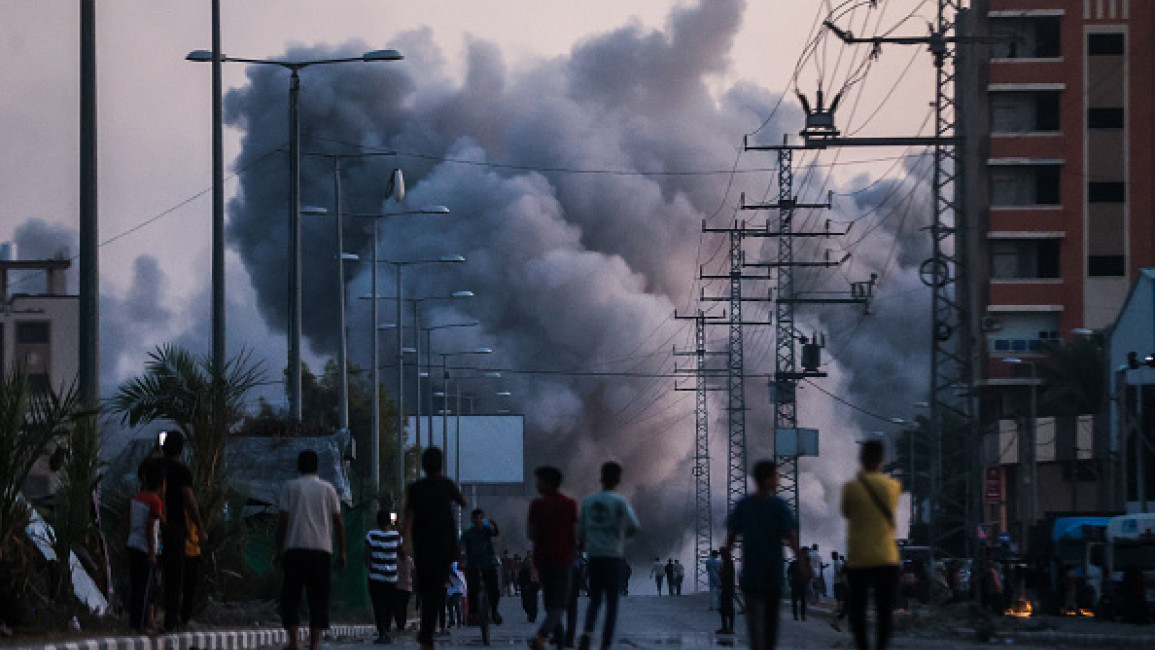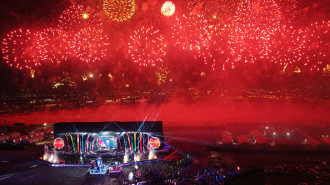Gaza: Israeli strikes kill at least 101 Palestinians in 24 hours
Israeli forces killed at least 101 Palestinians and wounded 169 others in Gaza over a 24-hour period, medical sources cited by Palestinian news agency Wafa said on Saturday.
This marks the highest daily death toll recorded in Gaza since 8 June, when Israeli forces killed at least 274 Palestinians in an operation to free four captives in the Nuseirat refugee camp.
The death toll includes those in three separate massacres in the Al-Shati and Al-Mawasi refugee camps as well as the Al-Tuffah neighbourhood.
According to the Palestinian ministry of health, ambulance and civil defence crews are still unable to reach those trapped under the rubble.
Israeli forces carried out multiple strikes on the Al-Shati camp, where at least 42 people were killed, Gaza's government media office said.
Footage from the attack sites showed people scrambling to carry away the wounded and locate survivors amid the dust and rubble.
Local sources said the majority of people killed were women and children.
In the Al-Tuffah neighbourhood, at least 20 people were killed, Gaza civil defence agency spokesman Mahmud Basal told AFP earlier on Saturday.
On Friday, Israeli forces shelled tent camps for displaced Palestinians in the Al-Mawasi area, claimed to be a "humanitarian safe zone" by Israel, killing at least 25 people and wounding another 50.
Since October, Israeli forces have killed at least 37,551 Palestinians in Gaza, wounding a further 85,911, the Palestinian health ministry said on Saturday.
Thousands are feared dead under the rubble, with rescue teams unable to reach many of those killed and wounded.
The war on the besieged enclave has levelled entire neighbourhoods and plunged the Strip into a deep humanitarian crisis. Much of the enclave's infrastructure has been destroyed, with healthcare and medical facilities being left partially functional.







 Follow the Middle East's top stories in English at The New Arab on Google News
Follow the Middle East's top stories in English at The New Arab on Google News


